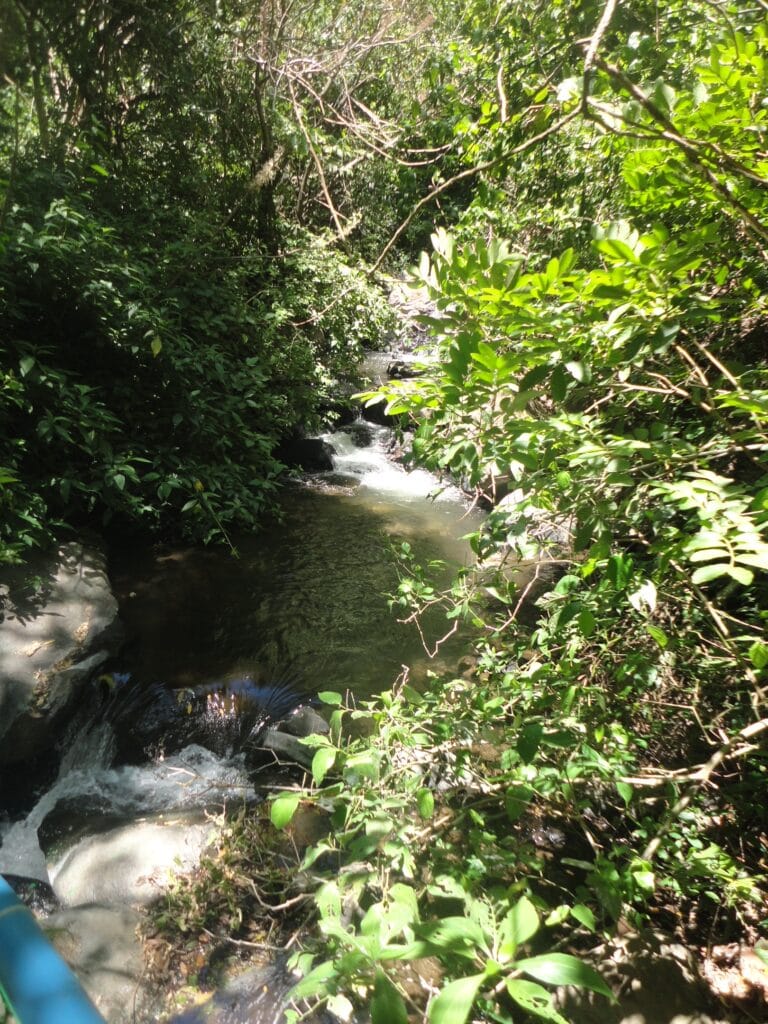Is Costa Rica Safe: A Comprehensive Guide
Jet Setting with Jen contains affiliate links and is a member of the Amazon LLC Associates Program. If you make a purchase using one of these Amazon links, we may receive compensation at no extra cost to you. Read our Privacy Policy for more information.
Hey there, travel enthusiasts! If Costa Rica has made it onto your bucket list, you’re not alone. With its breathtaking rainforests, golden beaches, and welcoming culture, it’s a dream destination for so many. But before packing your bags, you might be asking yourself, “Is Costa Rica safe?”
This is such a common question for travelers, and I’m here to help you feel confident about your plans. From understanding the local safety landscape to tips that ensure a worry-free experience, this guide has you covered.
Introduction: Is Costa Rica Safe
Costa Rica is often referred to as the “Switzerland of Central America,” and for good reason. Known for its peaceful nature, lush biodiversity, and emphasis on eco-tourism, it’s a haven for travelers seeking adventure and relaxation alike. However, like any destination, it’s important to educate yourself about the safety aspects before you go.
In this guide, we’ll take an in-depth look at the question, “Is Costa Rica safe?” From crime statistics and health precautions to transportation tips and natural hazards, I’ll provide the essential information you need to explore Costa Rica with confidence.
Is Costa Rica Safe: An Overview
Costa Rica is generally considered one of the safest countries in Central America. Its reputation for political stability, a robust healthcare system, and friendly locals make it a popular destination for travelers from around the world.
However, no destination is without its risks. While Costa Rica has low violent crime rates compared to its neighbors, petty crime and natural hazards are considerations you’ll want to prepare for.
Crime in Costa Rica
The most common crimes affecting tourists are pickpocketing, purse snatching, and theft from unattended vehicles. Popular tourist spots like San José, Jaco, and Manuel Antonio may attract opportunistic thieves due to the high number of visitors.
To minimize risk, avoid displaying valuables, use hotel safes for your important belongings, and stay alert in crowded areas. Tourists are also advised to avoid walking alone at night, especially in less populated areas or unfamiliar neighborhoods.
Health and Safety Considerations
Costa Rica is known for its excellent healthcare system, but there are a few health precautions travelers should keep in mind:
Water Safety: Tap water is safe to drink in most urban areas, but it’s best to stick to bottled water in remote regions.
Insect-Borne Illnesses: Use insect repellent to protect against mosquito-borne illnesses such as dengue fever and chikungunya, which can occur in tropical regions.
Vaccinations: Ensure your routine vaccinations are up to date and consider additional vaccines for diseases such as hepatitis A and typhoid.
Additionally, Costa Rica’s lush natural environment comes with its own challenges, such as venomous snakes and unpredictable weather in rainforest areas. Always follow local safety guidelines when engaging in outdoor activities like hiking or zip-lining.
Transportation Safety
Navigating Costa Rica is relatively straightforward, but it’s important to consider transportation safety:
Road Conditions: Roads in urban areas are generally well-maintained, but rural areas can have uneven or poorly marked roads. Exercise caution when driving, especially at night.
Public Transportation: Public buses are affordable and safe, but they may not always run on schedule. Use reputable taxi services or ridesharing apps like Uber for shorter trips.
Rental Cars: Car break-ins can occur, so never leave valuables inside vehicles and park in well-lit or secure areas.
Natural Hazards
Costa Rica’s rich biodiversity and geological activity make it a fascinating destination, but natural hazards should not be overlooked:
Volcanic Activity: Costa Rica is home to several active volcanoes. Be sure to check for updates on volcanic activity and follow evacuation procedures if necessary.
Earthquakes: The country is located in a seismically active region. Familiarize yourself with earthquake safety tips before you go.
Tropical Weather: The rainy season (May to November) can bring heavy rainfall, which may lead to flooding and landslides in certain areas.
Costa Rica Safety Tips
Research Travel Advisories: Regularly check government websites, such as the U.S. State Department or your country’s travel advisory page, for updated information on safety and security in Costa Rica.
Stay Aware of Your Surroundings: Always be alert in crowded or tourist-heavy areas. Petty theft can often be avoided with simple vigilance.
Secure Your Valuables: Use anti-theft bags, avoid displaying expensive items, and keep copies of important documents (like your passport) stored securely.
Travel Insurance: Invest in a good travel insurance plan that covers theft, medical emergencies, and trip cancellations.
Local Emergency Numbers: Save important numbers, such as 911 (for emergencies in Costa Rica) and the contact details of your country’s embassy or consulate.
Stick to Reputable Tours: When booking excursions or tours, choose well-reviewed operators with a focus on safety and reliability (i.e. Viator and Get Your Guide).
Blend In: Avoid standing out as a tourist by dressing modestly and learning a few basic Spanish phrases to communicate with locals.
Conclusion: Is Costa Rica Safe
So, is Costa Rica safe? The answer is yes—if you approach your trip with a blend of awareness, preparation, and common sense. This beautiful country is filled with wonders waiting to be explored, from its stunning beaches and rainforests to its vibrant towns and warm-hearted people.
By taking the precautions outlined in this guide, you can travel to Costa Rica with peace of mind and fully embrace the magic of “Pura Vida.”

